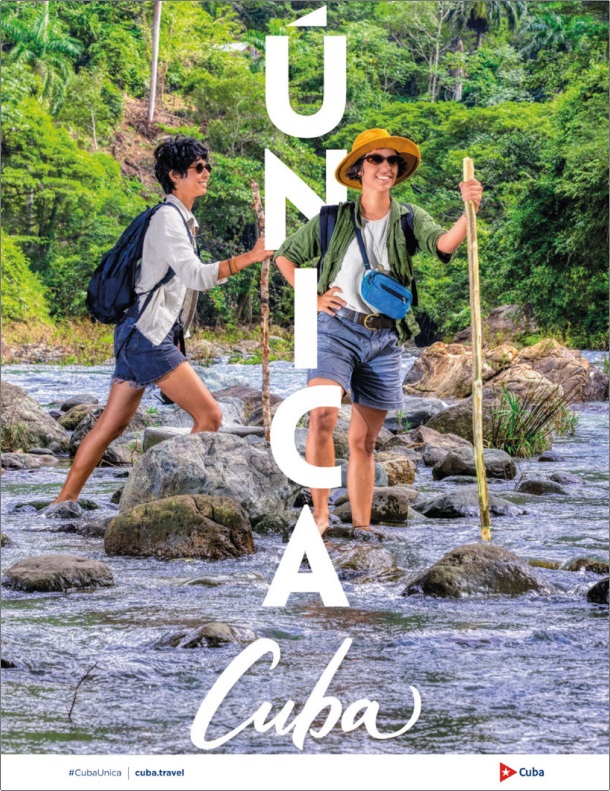From Bayamo to Varadero: A chef’s mission to reclaim Cuban casabe
For Omar Rodríguez, casabe is not just a food, but a symbol of memory and cultural resistance that has endured through the centuries
Posted by Cristian Rojas, 11/09/2025
As part of the 15th Varadero Gourmet International Festival, chef Omar Rodríguez Jiménez, a member of the team at Café Palmares in Bayamo, Granma province, presented an innovative culinary proposal entitled “The Art of Making Casabe.”
The presentation focused on a collection of Italian dishes reinterpreted through the use of casabe (cassava bread), highlighting its value as an element of identity and a bridge between cultures.
The chef argued that the importance of this culinary event lies in the fact that, “cultures intermingle here, knowledge is exchanged, chefs from other nations and provinces come here, and we showcase the cultures we have in our cities.”
The chef shared memories from his childhood, recalling the cries of the casaberos (people who make casabe) who sold it in the streets, which awakened in him an emotional connection with this indigenous bread. For Omar, casabe is not just a food, but a symbol of memory and cultural resistance that has endured through the centuries.
He also highlighted the work of Professor Domingo Cuza and the movement that emerged in Bayamo, fundamental to the rescue and revaluation of this ancestral product. Present at the event, the professor from Granma emphasized the indigenous value of this food, which is part of the ancient roots of Cubans but at the same time meets all the requirements of modern consumption habits and the pursuit of sovereignty.
In Omar’s kitchen, casabe plays a central role. Made by hand using traditional techniques, he incorporates it into preparations that intertwine with other culinary traditions. Among his specialties are Creole versions of lasagnas, pizzas, and bruschetta, where cassava bread replaces conventional dough, providing texture and a flavor with Cuban roots.
Rodríguez Jiménez stated that the public’s acceptance is due to the creativity, respect for the origins, and the flavor of his dishes, which offer a multisensory experience that connects with both nostalgia and innovation.
In December 2024, UNESCO recognized the knowledge and practices associated with cassava bread as Intangible Cultural Heritage of Humanity, a multi-country distinction shared by the Dominican Republic, Haiti, Honduras, Venezuela and Cuba. The declaration underscores its role in social cohesion and sustainable development of Caribbean communities.

